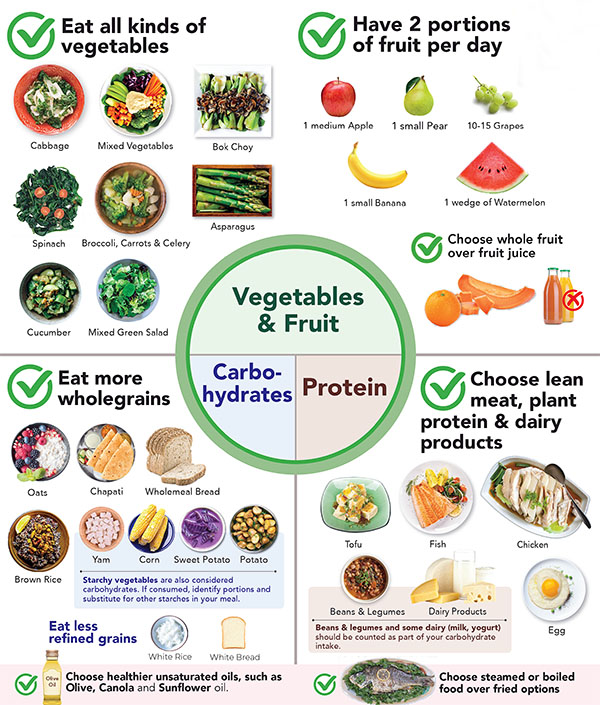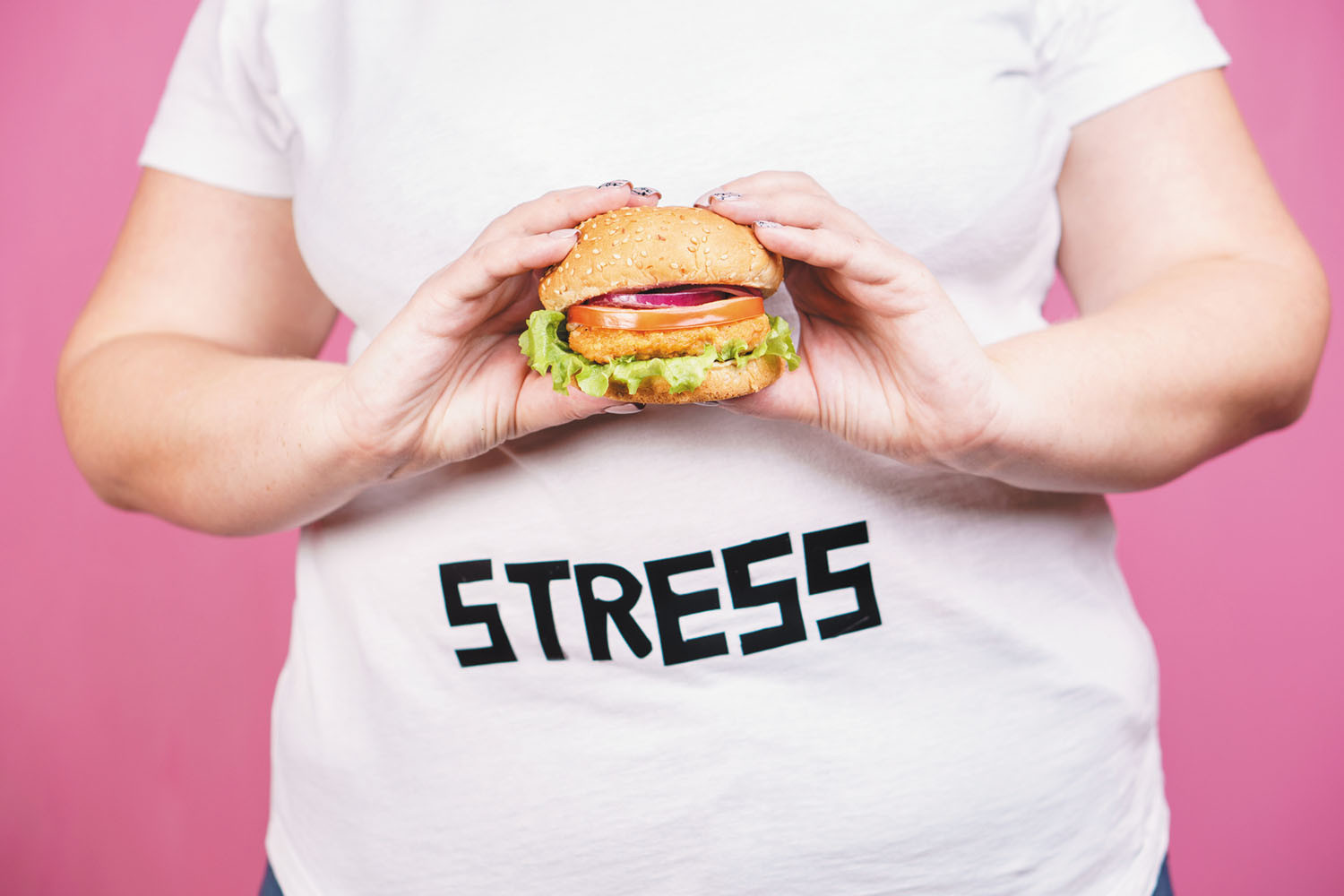After a particularly stressful day, many have felt relieved when they bite into a pleasing crunch of potato chips, or enjoy a forkful of warm pasta or a delicious scoop of ice cream. Food can serve as more than simply fuel for us, and it’s quite common for people to gravitate for larger meals or more snacks even when they’re not truly hungry. But it’s ideal to work with a professional who can help you stop stress eating if emotional eating during stressful situations becomes a regular occurrence and is preventing you from reaching your wellness objectives.
According to studies, women who experience significant amounts of ongoing stress also frequently overeat emotionally. Stress may cause physiological reactions in addition to psychological ones. Cortisol, a hormone that aids in the body’s defense, is released by the body during stressful events. On the other hand, sustained elevation of cortisol levels—during recurring and ongoing stressors, for example—may result in increased food intake, fat accumulation, and weight gain.
A study from the Department of Psychiatry and Behavioral Sciences at Johns Hopkins suggests that timing affects how the body responds to stress and meals in terms of hunger and gut hormones. (Research studies use challenges to observe people’s responses to various diets or stressors.) According to this study, “afternoon/evening may be a high-risk period for overeating, especially for those with binge eating disorders and when paired with stress exposure.” This implies that you could be more likely to overeat during your evening meal or ride home.

How can you manage stress eating?
1. Eat with awareness. After acknowledging that your craving can be the product of a stressful situation, consider whether you are indeed hungry. Prior to eating, give it a few minutes.
2. Look for more healthful choices. If you still feel the need for a snack, think about going with something that is lower in fat and calories than what you could have picked earlier. I like the following nutritious snacks:
- Sweet treat: Dice an apple and apply nut butter on it. Your craving for anything sweet should be sated and your hunger should be reduced by the balance of healthy fat, protein, and carbs.
- Something savory: For a low-calorie, high-protein snack option, try dipping deviled eggs into hummus.
3. Pay attention to portion sizes. Consider plating a snack-sized portion on a platter rather than bringing the entire box with you. Try to adhere to the serving size recommended on the packaging.
Whenever you make dietary adjustments, it’s a good idea to speak with your physician or a dietitian.


Your point of view caught my eye and was very interesting. Thanks. I have a question for you.
Your point of view caught my eye and was very interesting. Thanks. I have a question for you.
Your article helped me a lot, is there any more related content? Thanks!